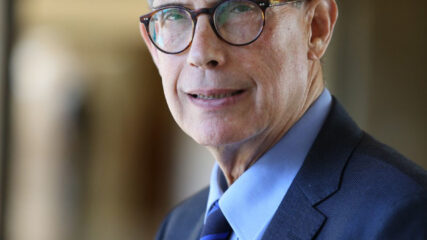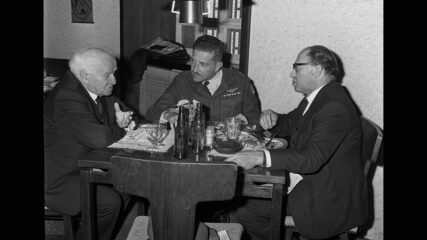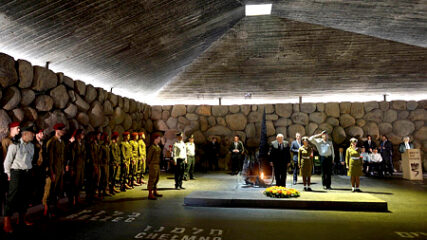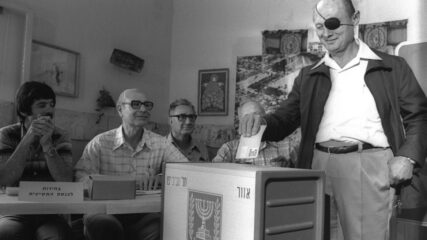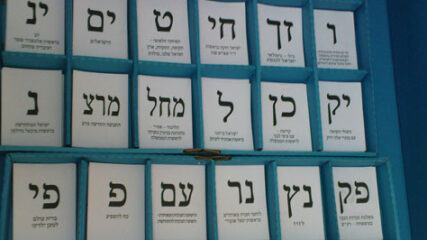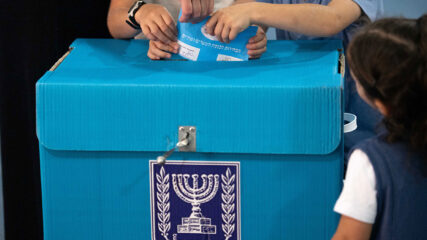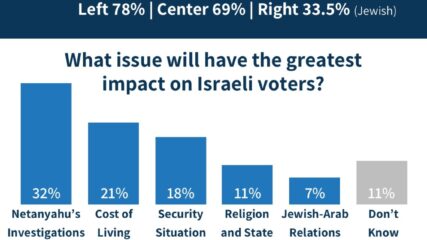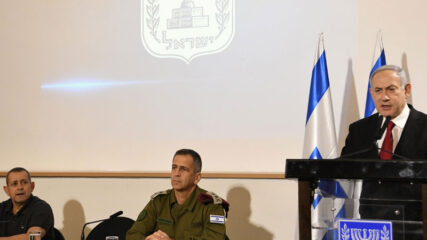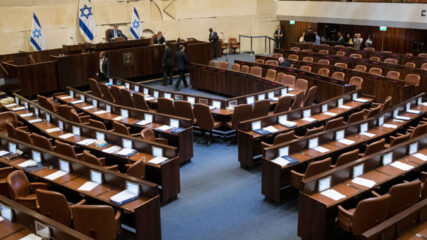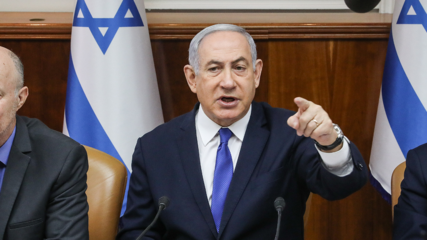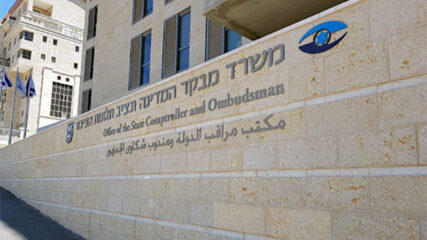Yitzhak Rabin’s life story, in the words of former Knesset member Nachman Shai, is “the story of the State of Israel.” He fought to create and defend it in 1948 and 1967, represented it in Washington, led it twice as prime minister, liberated Jews from captivity in 1945 and 1976, and embraced an opportunity for a chance at a longtime peace with the Palestinians in 1993. Rabin possessed essential qualities of an admired leader: credible, authentic, honest, visionary, and strategic. In addition, Rabin was taciturn, incisive, and suffered no fools. For a lifetime, he put the Jewish people on his shoulders as defender and diplomat.


